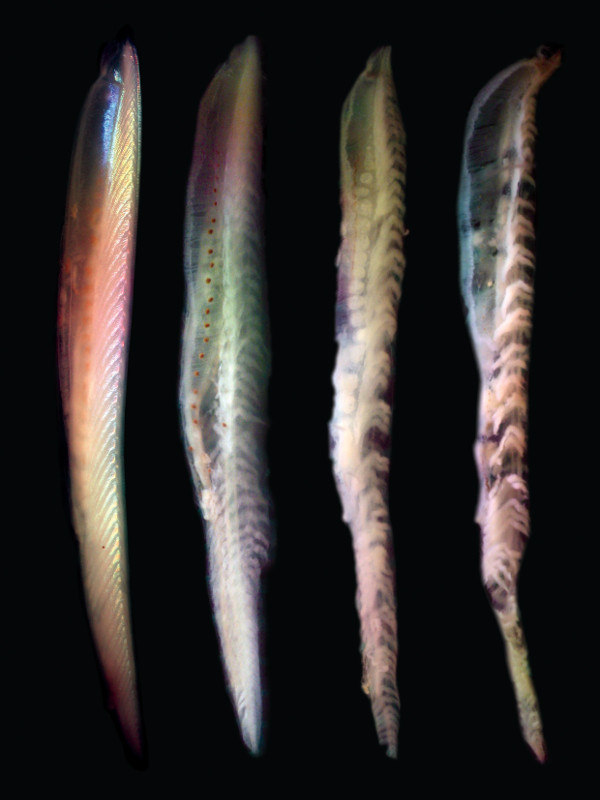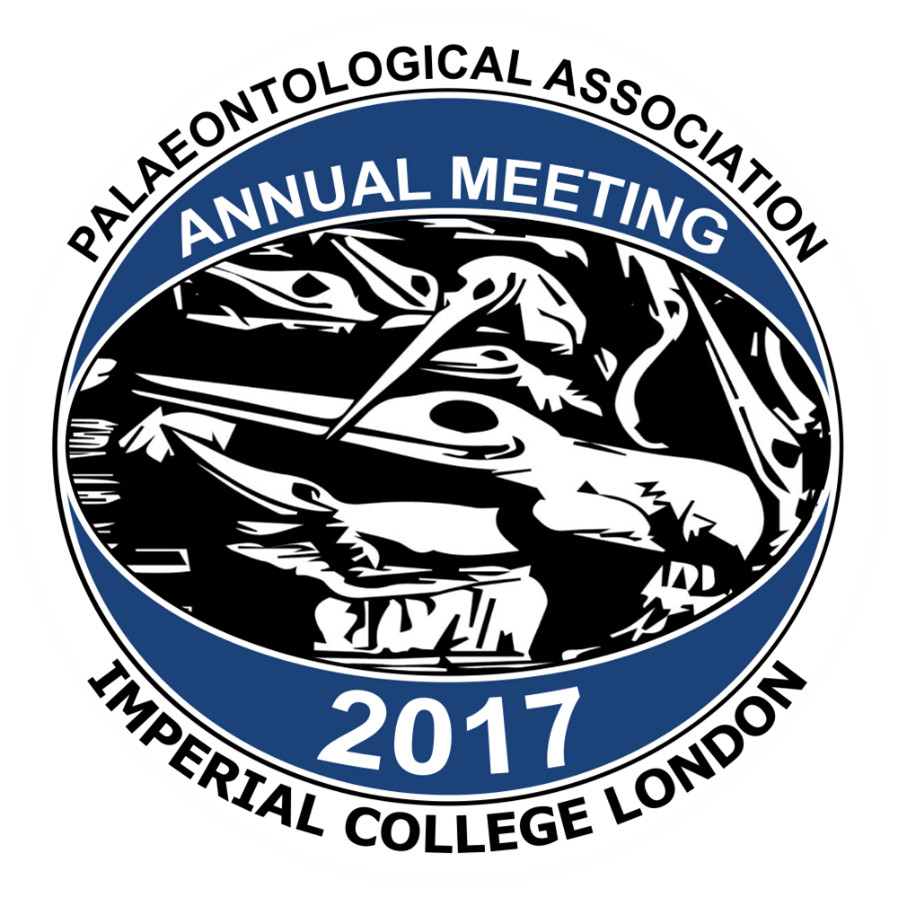The Annual Address will take place at 17.30. This will be given by Professor Mark Purnell (University of Leicester), and is entitled 101 uses for a dead fish. Experimental decay, exceptional preservation, and fossils of soft bodied organisms.
101 uses for a dead fish. Experimental decay, exceptional preservation, and fossils of soft bodied organisms
Mark Purnell1
1University of Leicester, UK
The use of experiments to understand post-mortem processes and their role in exceptional preservation goes back decades, but a wide range of known and unknown variables influences how soft tissue remains become fossilized — variables that at first sight might seem to limit the applicability of experiments to analysis of fossils. Focussing on character-based experimental decay I have worked with a small group of colleagues (particularly Sarah Gabbott, Duncan Murdock and Robert Sansom) to develop methods that allow clear analysis and quantitative testing of the repeatability and comparability of experiments. Our approach allows factors that retard onset of decay to be differentiated from those that reduce the rate of character loss, and demonstrates that sequences of character loss are generally unaffected by the environment in which carcasses decay. Empirically derived sequences can thus be applied to exceptionally preserved fossils to disentangle the relative importance of, and interactions between, decay, maturation, and mineralization, and to inform our interpretations of fossil morphologies. Far from being of limited value, data from well-designed taphonomic experiments provide fundamental new insights into the processes and biases that have produced exceptionally preserved fossils, and the degree to which they distort our view of the past.


